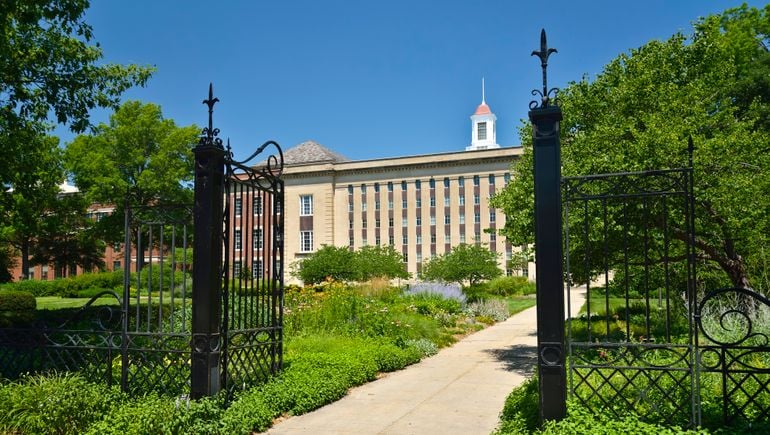Dive Brief:
- A Nebraska lawmaker introduced a bill last week that would end tenure protections across the state’s public colleges.
- The proposal would replace tenure with employee agreements and yearly performance evaluations for all faculty members. It would also direct the state’s public systems to adopt “minimum standards of good practice” for faculty members.
- The proposal furthers a conservative push to weaken tenure protections at public colleges. While last year saw a slew of proposals — including in Texas and North Dakota — they largely failed to gain traction across state legislatures.
Dive Insight:
State Sen. Loren Lippincott introduced the proposal with the backing of 11 other Republican lawmakers. He told the Nebraska Examiner earlier this month that tenure has resulted in colleges lacking accountability and argued the system protects “poorly performing professors.”
In a recent op-ed, Lippincott also argued that terminating tenure could help avoid indoctrinating students “with leftist ideology.”
Tenure shields faculty members from being fired for their work or over political reasons. Those with tenure can generally only be terminated for cause, when their program is discontinued or if their institution declared a financial emergency.
Lippincott’s proposal would upend this system.
His bill would end tenure protections at the state’s two public university networks — the University of Nebraska System and the Nebraska State College System. It would also dissolve tenure across the state’s community colleges.
Melissa Lee, spokesperson for the University of Nebraska, said Tuesday that the system’s administration and Board of Regents are reviewing the bill.
“Our plans for the University of Nebraska to grow and compete will require us to hold all our faculty and staff to high levels of performance and accountability,” Lee said in an email.
Lee also pointed to the University of Nebraska’s goal of gaining reentry into the Association of American Universities, a selective group of research institutions.
“We want to do everything we can to become more competitive and look like a Big Ten, AAU institution,” Lee said.
Faculty Senate presidents at the four University of Nebraska campuses informed instructors about the bill via email earlier this month.
“The issue of tenure has been a matter of debate in other states and we had been alerted that there could be similar conversations in Nebraska,” they said. “As your faculty senate presidents, we are sending this note jointly to all of NU faculty to signal our standing together in recognition of the vital importance of tenure to the academic mission of our university.”
The Nebraska State College System has found tenure invaluable for recruiting “high-caliber faculty” members in rural settings, Judi Yorges, the system’s director of strategic initiatives and communications, said via email Tuesday.
“Faculty members making a long-term commitment to colleges and universities play a crucial role in enhancing the quality and continuity of students’ education while fostering stability and growth in local communities,” Yorges said.
Lippincott’s proposal signals that conservative lawmakers are continuing to target tenure.
State lawmakers introduced several proposals last year that would have either ended tenure protections or weakened them. Although most of these proposals fizzled out, a couple of them became law, according to a recent report from Pen America, a free expression advocacy group.
That includes legislation in Florida that made headlines last year for banning public colleges from spending money on diversity, equity and inclusion programs. Along with those changes, the law also gives university presidents final say over whether faculty members should be terminated rather than bringing employment disputes before a neutral arbitrator.
“Faculty who believe that they were disciplined for engaging in protected speech have lost many of their options for defending themselves,” Pen America’s report argued.
